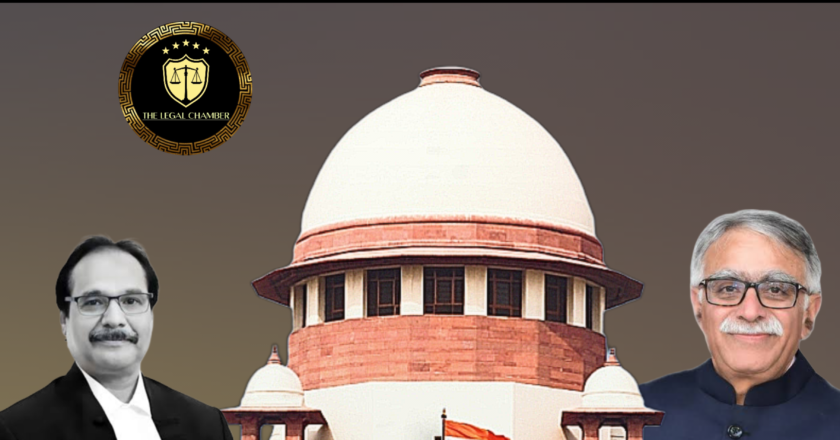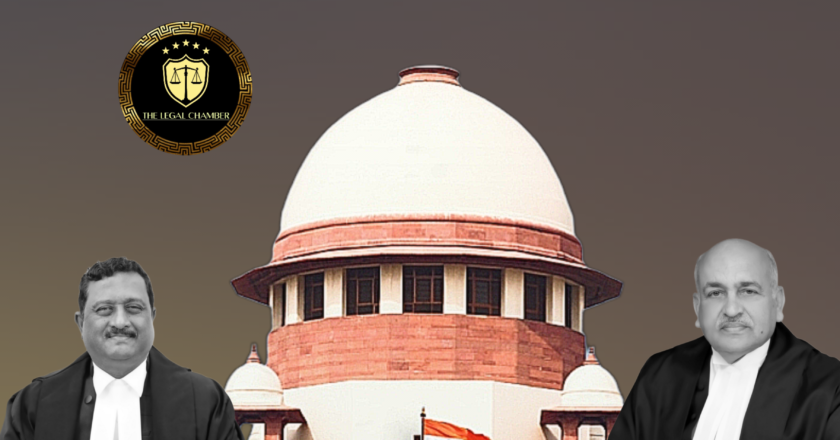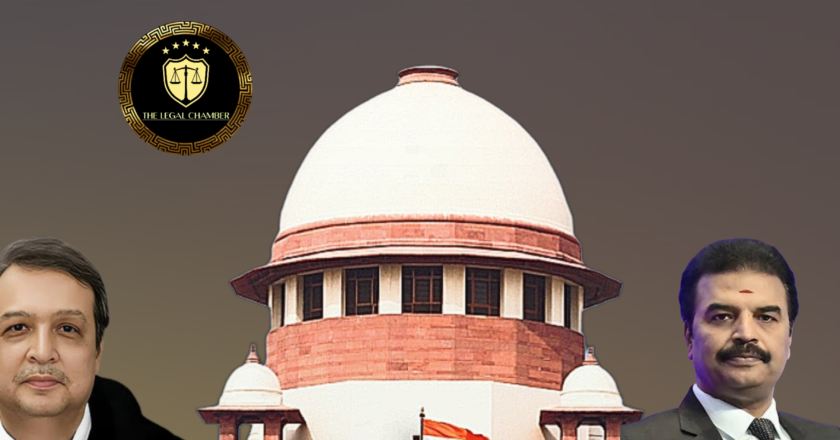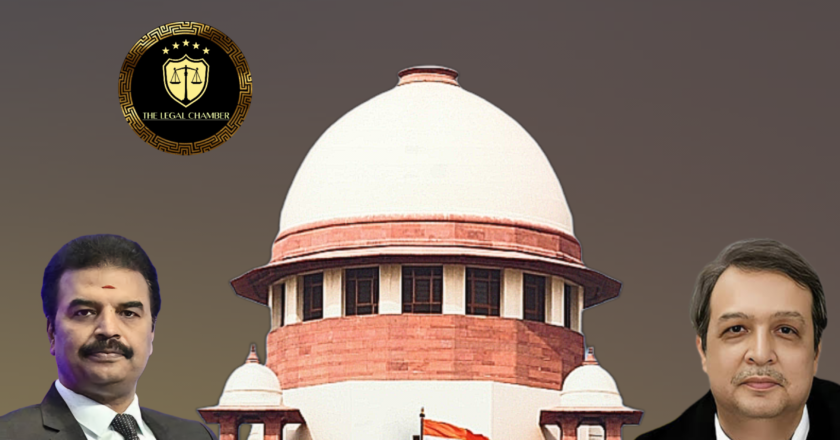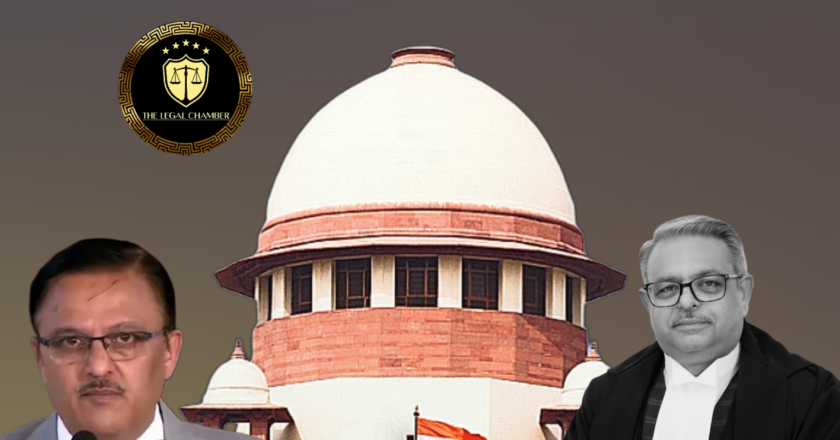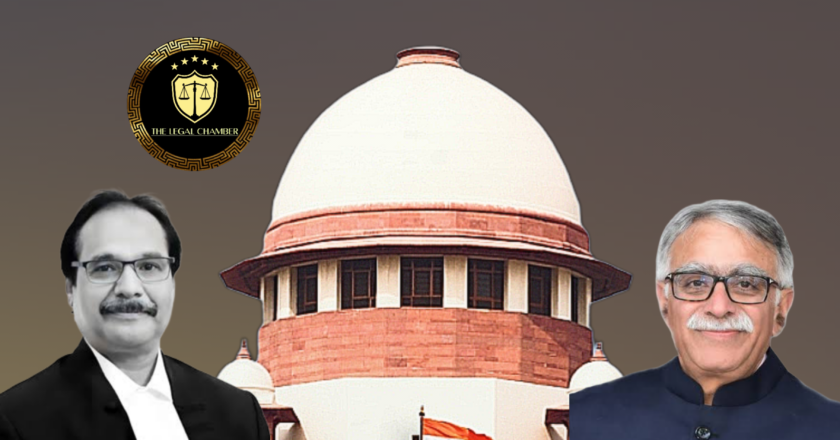Influencing Witnesses? Supreme Court Sets Strict Rules for Granting Bail in Serious Crimes
The Supreme Court reiterated that bail grant requires a balanced assessment of the nature and gravity of the offence, the prima facie case, and the accused's potential to influence the trial or evade justice. It set aside the High Court's bail order for failing to consider these established parameters, particularly the accused's conduct and the crime's seriousness.
Facts Of The Case:
The case stems from an FIR registered concerning a violent incident on the intervening night of May 4-5, 2021. The accused, Sushil Kumar, and his associates were alleged to have abducted several individuals from different locations in Delhi and taken them to Chhatrasal Stadium. There, they were violently attacked with wooden sticks and lathis, and gunshots were allegedly fired. One of the abducted in...
